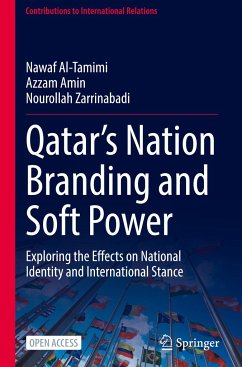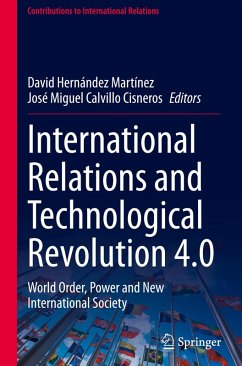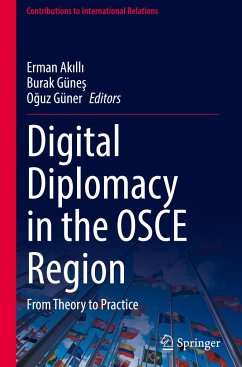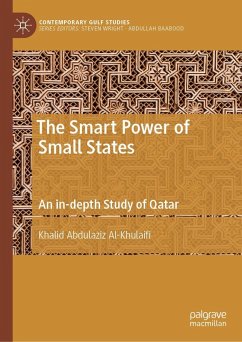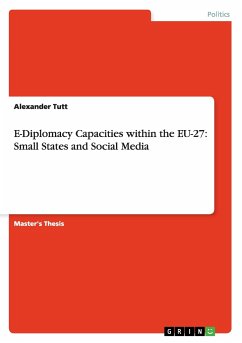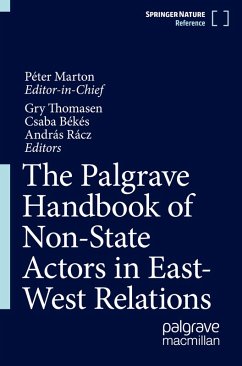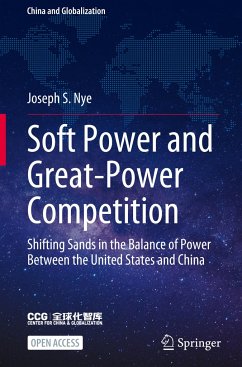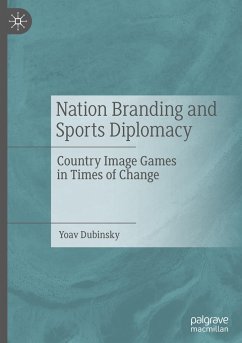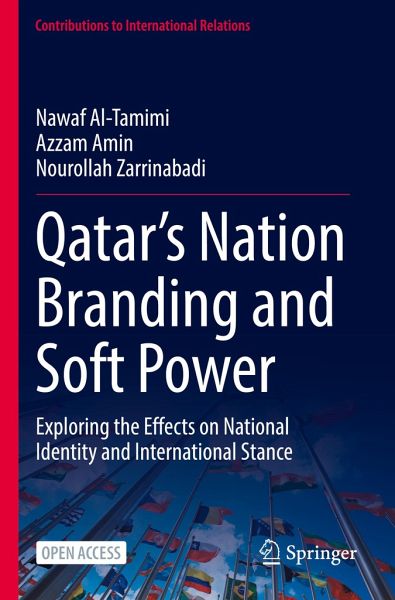
Qatar's Nation Branding and Soft Power
Exploring the Effects on National Identity and International Stance

PAYBACK Punkte
16 °P sammeln!
This open access book examines how creating a national brand assisted Qatar in absorbing the shock and awe following the outburst of the crisis with Saudi Arabia, Bahrain, Egypt, and the United Arab Emirates in May 2017. The authors discuss the country's diplomatic performance, which was characterized by five main factors that helped Qatar to deal with the crisis successfully. These factors include the failure of the element of surprise, years of building Qatar's national brand, Qatar's arsenal of soft power, international alliances, and the opponents' quandary. This book further scrutinizes Q...
This open access book examines how creating a national brand assisted Qatar in absorbing the shock and awe following the outburst of the crisis with Saudi Arabia, Bahrain, Egypt, and the United Arab Emirates in May 2017. The authors discuss the country's diplomatic performance, which was characterized by five main factors that helped Qatar to deal with the crisis successfully. These factors include the failure of the element of surprise, years of building Qatar's national brand, Qatar's arsenal of soft power, international alliances, and the opponents' quandary.
This book further scrutinizes Qatar's role in the region and all questions related to this role through the lenses of its nation brand. The book provides explanations for the success of Qatar in absorbing the "shock and awe" in the early stage of the last Gulf crisis, presenting various arguments on how establishing a nation brand helped Qatar to deal with the crisis successfully.
The book follows an original approach that views the Qatari case from a scientific perspective, investigating the art of nation branding. It will appeal to students, researchers, and scholars of international relations, psychology, political science, and journalism, as well as policy-makers interested in a better understanding of soft power, nation branding, Middle East studies, and diplomacy.
This book further scrutinizes Qatar's role in the region and all questions related to this role through the lenses of its nation brand. The book provides explanations for the success of Qatar in absorbing the "shock and awe" in the early stage of the last Gulf crisis, presenting various arguments on how establishing a nation brand helped Qatar to deal with the crisis successfully.
The book follows an original approach that views the Qatari case from a scientific perspective, investigating the art of nation branding. It will appeal to students, researchers, and scholars of international relations, psychology, political science, and journalism, as well as policy-makers interested in a better understanding of soft power, nation branding, Middle East studies, and diplomacy.





